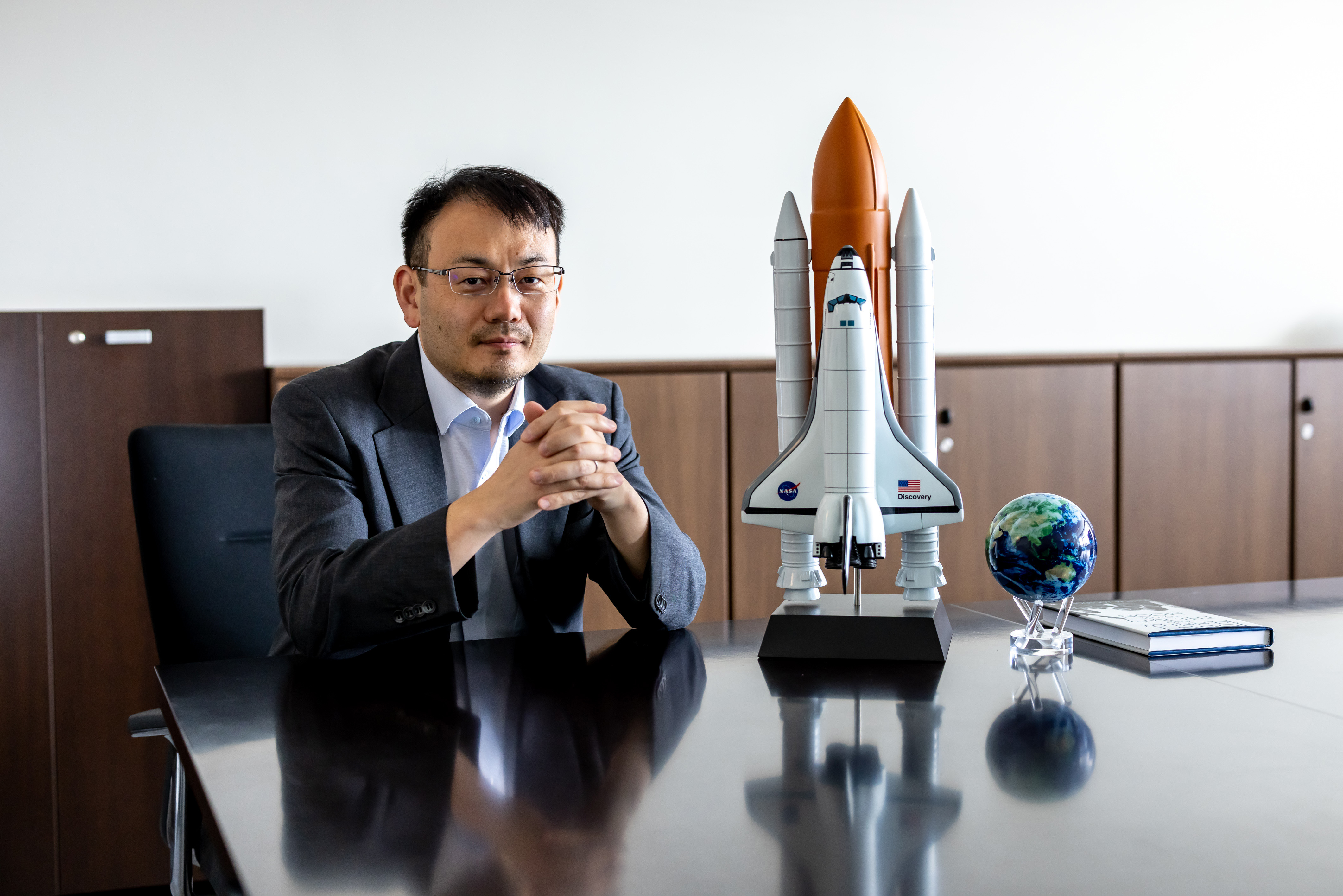
Dr. Hirotaka Watanabe, Specially Appointed Professor, International Politics, Diplomatic History, Space Policy & Law, Center for the Study of Co* Design
“Does Japan still want to continue to be a leading space country?”
Japan’s space activities, since 2008, are still in the midst of the greatest transformation since the beginnings of the Japanese space program in the mid-1950s. Now, Japan has three critical issues to address for its present and future space activities and its role in space governance of international society.
First, Japan needs an overall purpose for its space policy which should be clear-cut and criterial for its individual space programs. Since the new Basic Space Law was passed by the Japanese parliament in May 2008, Japan has drafted and revised the Basic Plans for Space Policy to crystallize the law. Following the law and plans, Japan has begun to engage in space programs not only for research and development, but also for utilization including national security. In addition, Japan has made efforts to strengthen its space industry, especially emerging companies called “new space.” While the Basic Plans for Space Policy appear to be across the board and not prioritized, they have consistently stipulated the rise in Japan’s international status as the main purpose of its space policy. Therefore, Japan should ask itself the following regarding its space policy: Does Japan still want to continue to be a leading space country? The answer would be yes.
Second, Japan must immediately begin a head-on discussion on the appropriateness of developing its own human launch vehicles and spacecraft. By participating in the U.S. Space Shuttle program and the International Space Station (ISS) program, Japan has depended on U.S. and Russian human launch vehicles and spacecraft to take its astronauts to and from outer space. The United States is currently advancing the Artemis lunar exploration program to send astronauts to the moon’s surface by 2024 while it continues to talk with Russia, European countries, and Japan about extending the operation of ISS to 2030. In contrast, China exchanged a memorandum of understanding with Russia in March 2021 to jointly construct a lunar base, and now is launching human and cargo spacecraft and modules to construct its own space station by 2022. The United States appears to be in space competition with China just as it was with the Soviet Union during the Cold War. When more countries are about to begin developing their own human launch vehicles and spacecraft, should Japan do the same as a leading space country in cooperation with its private sectors?

Third, Japan needs to once again launch space-related organizational reform to put the right people in the right places. The Basic Space Law and Plans are greatly changing Japan’s space activities while only gradually changing space-related organizations. Compared with before 2008, Japan’s space-related organizations can coordinate more comprehensively among the Cabinet Office, ministries, and agencies. However, they should be reformed so that politicians, who are elected by the public, can have more specific responsibilities and authorities to decide on space policy and programs, and also so that more bureaucrats and administrators specializing in space affairs can be fostered over the long term.
By tackling almost all areas of space activities except developing its own human launch vehicles and spacecraft, Japan has so far been one of the leading space countries, but will Japan maintain its status as a leading space country moving forward?
Edit: Kim Mawer, Christopher Bubb